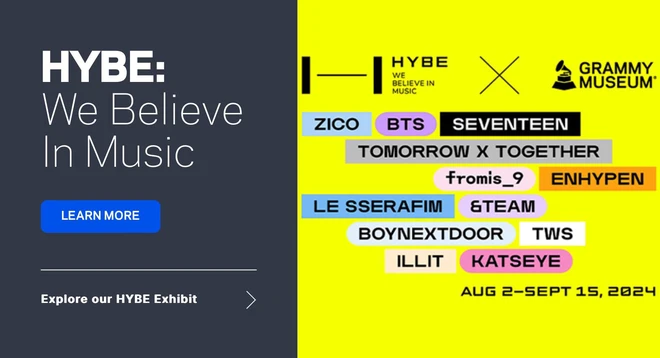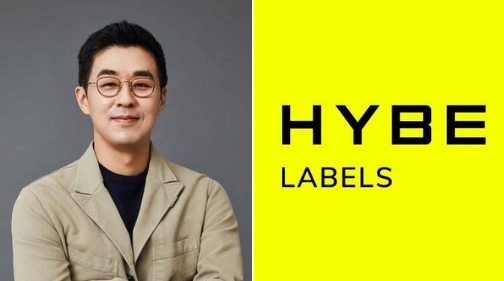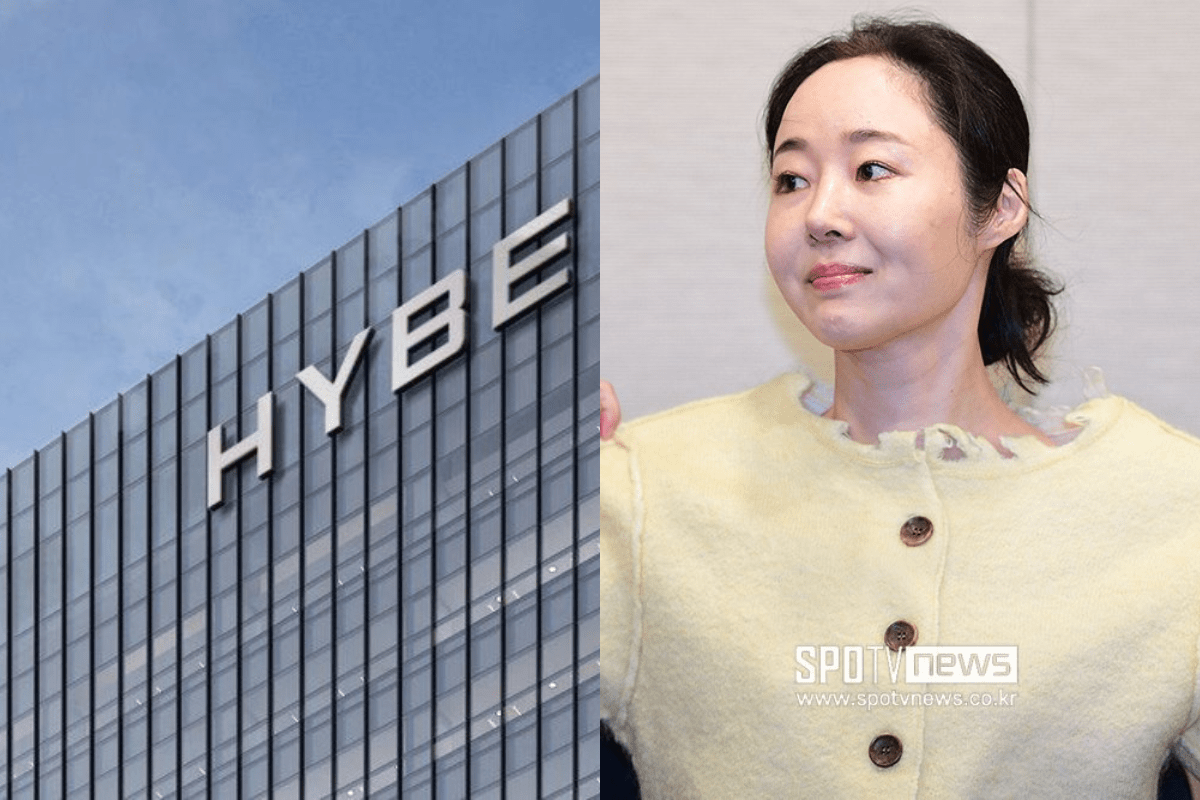Eight Arrested for Creating Deepfake Videos of HYBE Artists, Police and HYBE’s Joint Crackdown Succeeds

Eight Arrested for Deepfake Videos of HYBE Artists
In a major breakthrough in the fight against cybercrime, eight suspects have been arrested for producing and distributing deepfake videos featuring artists under HYBE Labels. The arrests mark a significant win in a joint investigation between HYBE and the Gyeonggi Northern Provincial Police Agency, aimed at cracking down on synthetic media crimes targeting public figures.

Coordinated Action Leads to Arrests
On April 11, authorities confirmed that six of the arrested individuals were operators of Telegram chatrooms, where they actively created and circulated the illicit content. The investigation was enabled by a Memorandum of Understanding (MOU) signed between HYBE and the police in February, which established a dedicated hotline and cooperation system to deal with deepfake-related offenses swiftly and effectively.

HYBE had filed an official complaint and supplied critical digital evidence that helped law enforcement track and apprehend the culprits. Utilizing their expertise in online crime, police identified the suspects and moved quickly to take action.
HYBE’s internal reporting platform, the HYBE Artist Rights Protection Report Center, launched in September 2024, also played a key role. Fan-submitted reports helped the company detect deepfake content early and contributed to building the case against those involved. The successful arrests underscore the importance of community vigilance in protecting artists from digital exploitation.
Strong Messages from Officials
Kim Ho-seung, Commissioner of the Gyeonggi Northern Police Agency, emphasized the severity of deepfake crimes, “These crimes exploit the vulnerability of celebrities who often cannot speak out about their victimization. They can destroy victims’ daily lives, and public figures are not exempt. We will continue to track down and arrest those responsible.”

HYBE CEO Lee Jae-sang echoed a firm stance, “We will respond without compromise to any crimes that infringe upon our artists’ portrait rights and reputations. Our efforts to monitor, report, and take legal action will continue until such acts are eradicated.”
As deepfake technology becomes more accessible, the entertainment industry faces increasing challenges in protecting artists from malicious use of their likenesses. This successful operation signals a zero-tolerance policy and a strong precedent for industry-law enforcement collaboration in the digital age.



